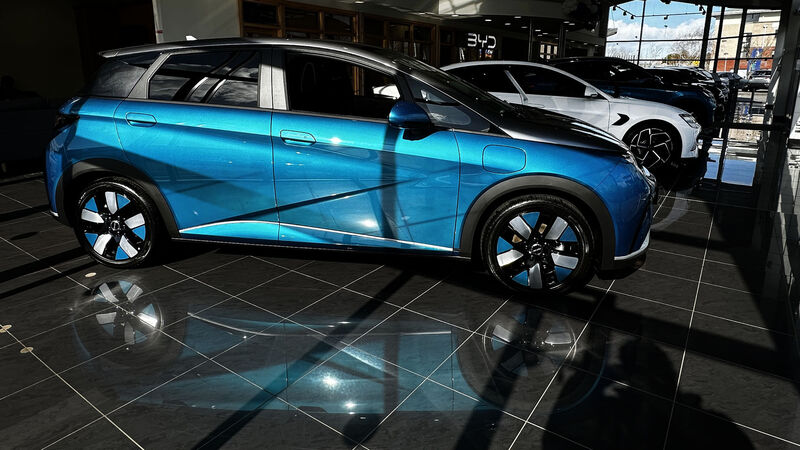EU to impose tariffs of up to 45% on Chinese electric vehicles

Europe contributed 1%-3% of overall sales for BYD, Geely, and SAIC in the first four months of 2024.
The European Union voted on Friday to impose tariffs as high as 45% on electric vehicles from China in a move set to increase trade tensions with Beijing.
The European Commission can now proceed with implementing the duties, which would last for five years. Ten member states voted in favour of the measure, while Germany and four others voted against and 12, including Spain, abstained, according to people familiar with the results.











